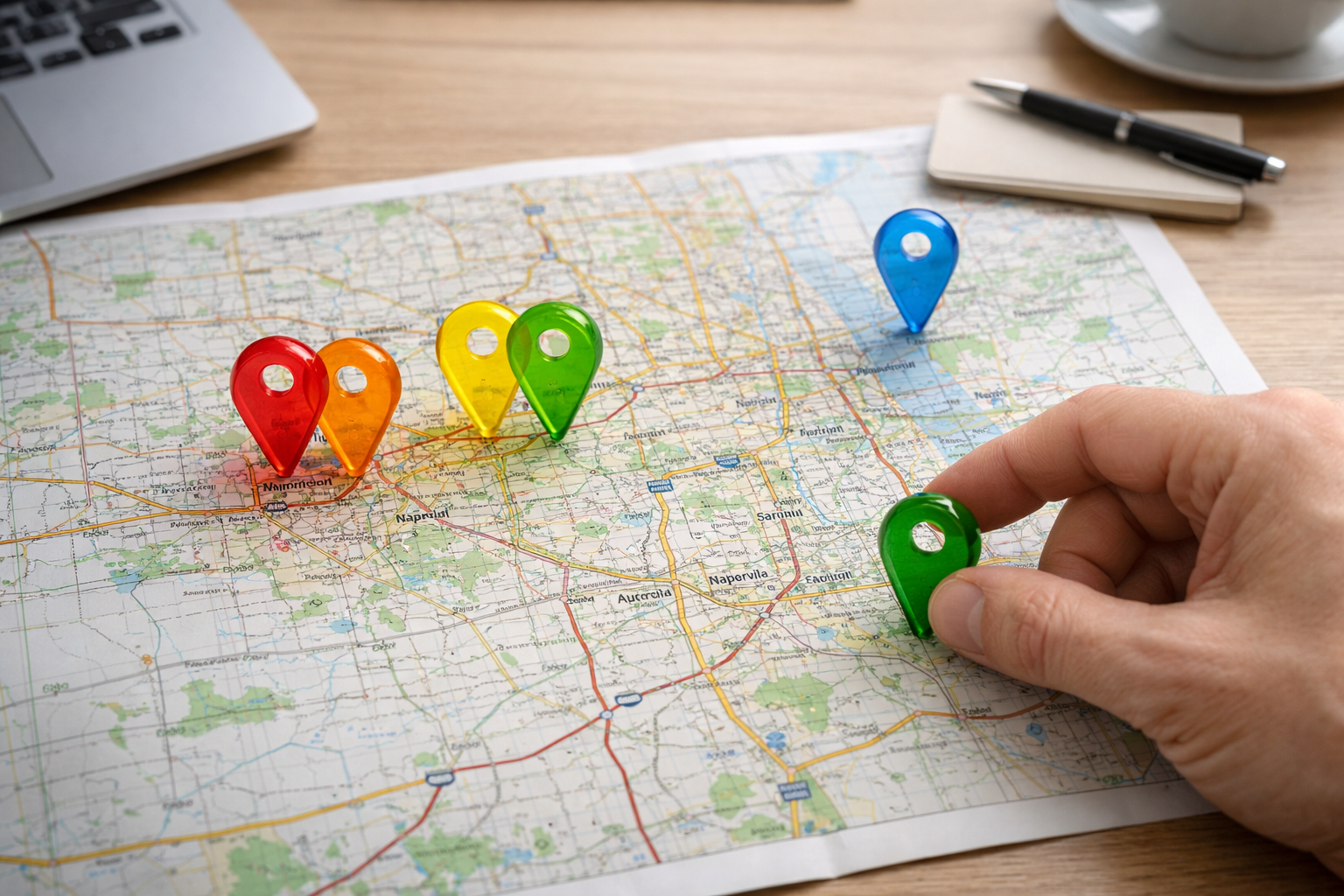This One Little Psychological Trick Can Help You Snag More Customers
What do you usually do when you need to find a venue for your sister’s 50th birthday? Or how about when your toilet is clogged and you need to find a plumber right away? Have you ever hired someone because a company you adore recommended him or her on their website?
It’s rare nowadays that we make any decision without first doing our homework. Whether we ask a trusted friend, check reviews on Amazon, or seek out recommendations on Facebook, we look to other people and businesses whom we trust as resources.
As a small business, cultivating trust in your customers is paramount. Customers want proof you are a reliable, honest business, and one of the best ways to convey this is by adding social proof to your website.
What exactly is social proof?
Social proof, also known as informational social influence, is a psychological phenomenon where people behave based on how others behave because they believe their actions are reflective of socially accepted behavior.
Some everyday examples of social proof include:
- Deciding to enroll in an online coaching course because the course has been recommended by a popular magazine.
- Selecting a new fitness app due to the fact that the reviews for one app soar above the others.
- Choosing a restaurant to book for a special occasion based on a testimonial given by a celebrity chef.
How can I add social proof to my small business website?
If you’re ready to elevate your online marketing efforts, here are a few ways you can incorporate social proof into your website:
- Logos — We are a brand-oriented society with lightning-fast attention spans. Logos are an attractive and quick way to intrigue a visitor to learn more about your business. Familiar logos accomplish this task in a more powerful way because they have a history with your viewer; thus, your viewer is immediately more engaged with your content. Displaying the logos of places your business has been featured or logos of the clients you work with is a great way to build trust with visitors to your site. For example, if you’re a nutritionist and have been featured in a popular health magazine or have been endorsed by a healthy brand, then you may feature the logo of the magazine or the brand on your site to boost your reputation.
- Testimonials — Time is money, and generally, people are pressed for both. Potential customers want to know the sure value of what they’ll get from you, and you can convey this efficiently by incorporating testimonials from satisfied clients. Some clients may be forthcoming with their written praise, and you can simply request permission to use it on your site. But what if you haven’t saved the feedback you’ve received over the years? Don’t hesitate to ask satisfied customers for their support.
- Raw Numbers — Social media has become omnipresent, and if you’re not using it to push your business, you’re missing out on an opportunity. If you are successfully using social media to advance your business, double down on your success by using your numbers to prove your expertise. Have a large follower base on Facebook? How about a ton of newsletter subscribers? Let your visitors know just how popular you are!
If you’re a small business in the Philadelphia area, consider adding social proof to your website to stand out from your competition!
The post This One Little Psychological Trick Can Help You Snag More Customers appeared first on GetPhound.












